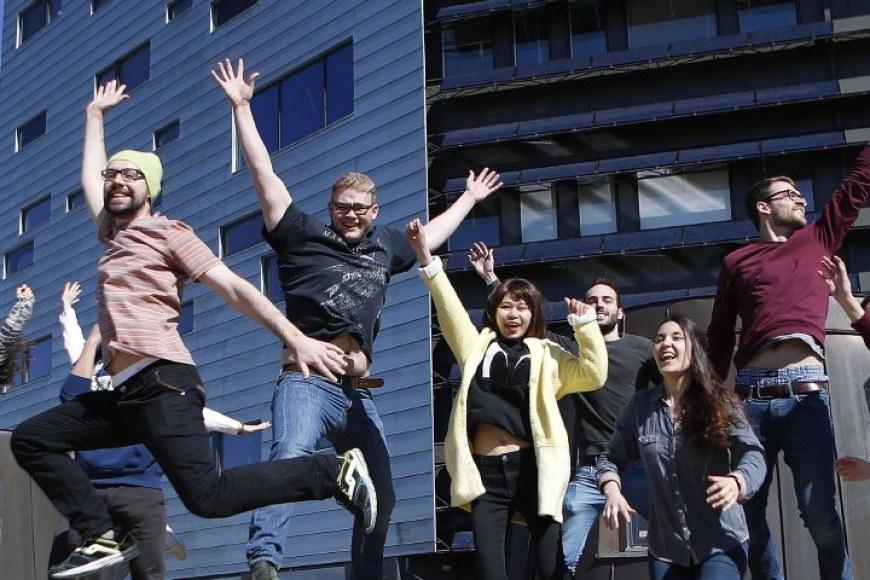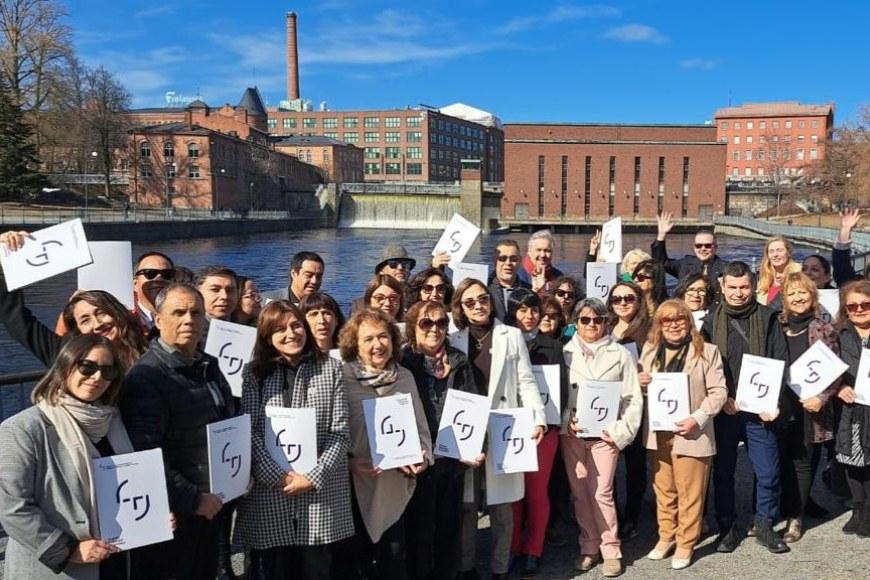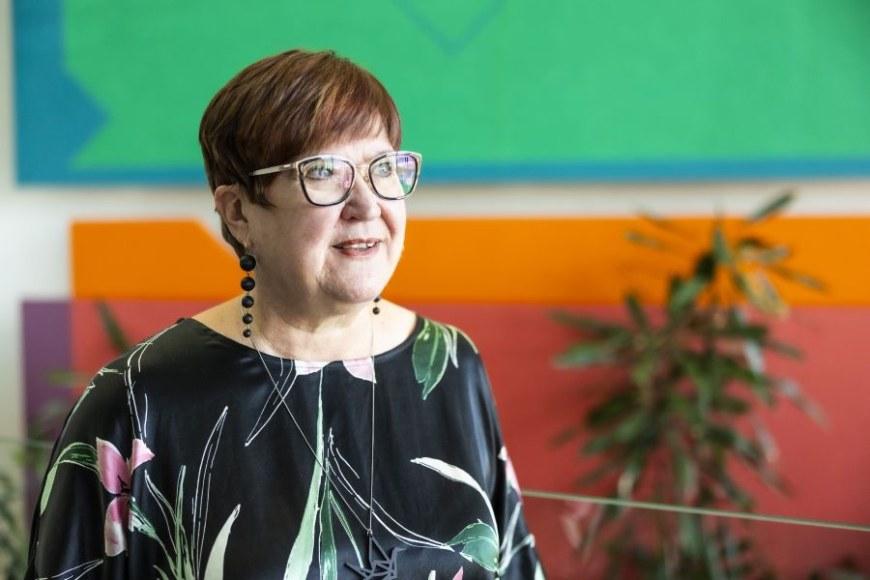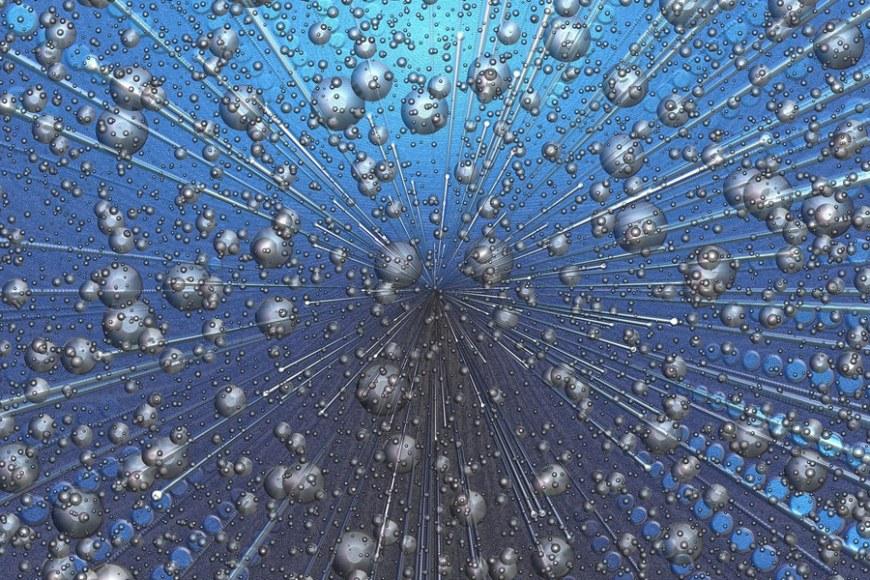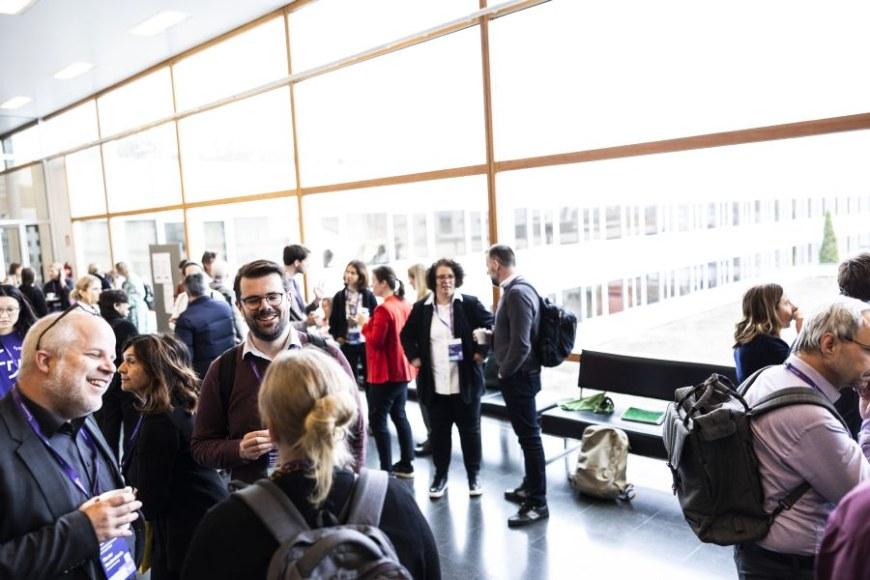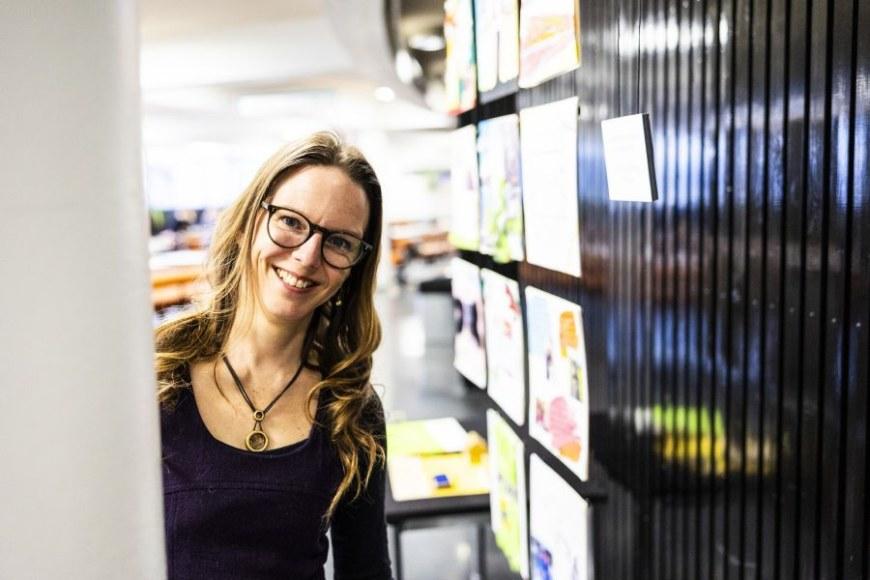Good care calls for joy and teamwork
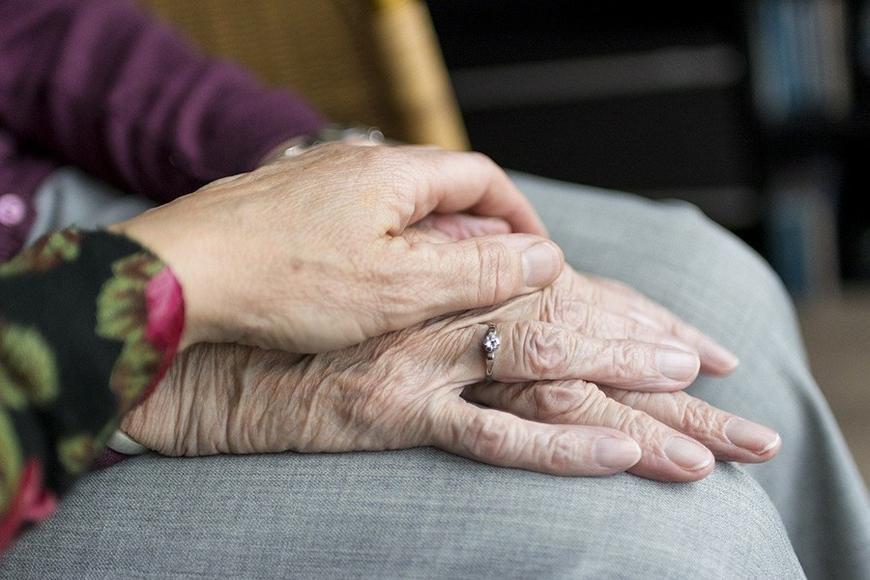
What makes social services and health care work meaningful and of good quality? At least working together wholeheartedly to enable a good life for elderly care clients. But it is not always enough. New viewpoints and practices are needed to increase meaningfulness of work and staff wellbeing.
“Care staff’s work needs to be supported by diverse working models, stronger self-direction and joint planning in teams,” tells Senior Lecturer Vesa Joutsen from Tampere University of Applied Sciences. Joutsen works as the project manager of the Occupational Wellbeing and Productivity through Communality and Participation project.
Cooperation with six care organisations was started in August 2018 with the aim to increase care staff’s occupational wellbeing with a participatory, communal and multiprofessional teamwork model. A coaching model was also developed to support superiors.
Even if participation in joint development was challenging, time was organised for the development. Because care units are often small and have only a few employees, changes in work make the situation even more difficult.
“Many nurses cannot be absent from a small unit simultaneously. It is not always easy to stop and consider matters,” told a care unit leader who participated in the project.
Sense of urgency decreased by dividing leadership and responsibility
According to Joutsen, work communities easily develop routines to do matters in a certain way and it is difficult to change them. Change resistance is normal. This was also revealed during the project.
The development was based on the work community’s prevailing situation and resources. Consideration of the prevailing situation opened possibilities to develop something new.
“Joint discussion under the supervision of an external professional opened new viewpoints. Satisfaction with work and work practices increased,” told a work community member.
Care units’ everyday life is characterised by hurry and feeling of inadequacy. A new viewpoint was needed.
“The sense of hurry was reduced by dividing leadership and responsibility,” tells Joutsen.
Teamwork is not always easy
Functioning of the work community also affects clients. That is why we wanted to emphasise the meaning of teamwork and develop it in each care unit. Functioning teamwork has an effect on the quality of client work, organisation of work and realisation of good care. But teamwork has its challenges.
“Increase in responsibility and amount of work is not always meaningful for employees. Teamwork is efficient but the everyday cooperation is not always straightforward,” tells Tampere University of Applied Sciences’ Senior Lecturer Terttu Roivas, who worked as an expert in the project.
The project achieved change for the better. Care unit superiors and employees felt that teamwork developed at every level from superiors to employees.
“In my opinion, our unit’s work, way of working and operations models developed hugely. Mutual respect and joint development of work increased during the project,” described a care unit leader.
Based on superiors’ experiences, employees’ freedom and responsibility increased during the project. Superiors learnt to give regular and constructive feedback. Joy and adaptation to changing situations strengthened.
“We have had more time to go outdoors and spend time with clients, do things we have dreamt of,” tells an employee.
The project also had positive effects on the work community openness, rules and trust between employees.
“Both superiors and employees thought that rules are the most important from the viewpoint of atmosphere. The key matters were realisation of agreed matters, trust between employees and improved flow of information,” tells Roivas.
The Occupational Wellbeing and Productivity through Communality and Participation project aimed at developing the operational culture of social services and health care organisations towards participation, communality and teamwork. The project was coordinated by Tampere University of Applied Sciences and funded by the European Social Fund. The project started in August 2018 and its final seminar took place on 21 October 2020. The project participants were six care organisations and a child welfare organisation.
Further information:
Vesa Joutsen, Senior Lecturer, School of Well-being and Health Technology, vesa.joutsen [at] tuni.fi (vesa[dot]joutsen[at]tuni[dot]fi), tel. 040 586 3338
Text: Terttu Roivas and Kukka-Maaria Korko
Photo: Pixabay
Video: Kopla Entertainment
